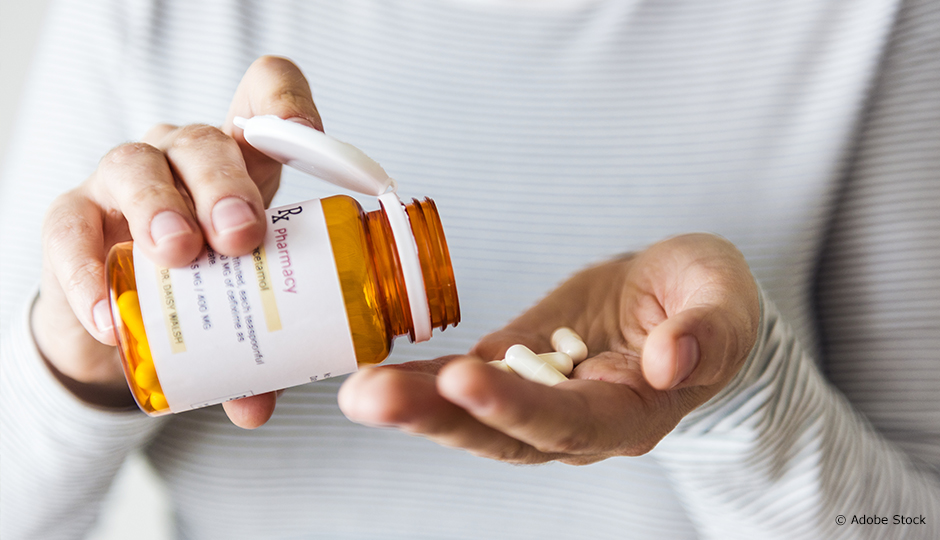
After undergoing a surgical procedure, most patients take anti-inflammatories morning and night. But the findings of a recent study led by Faleh Tamimi Marino, professor in the Faculty of Dentistry at McGill University and co-director of the Network for Oral and Bone Health Research, indicate that the prescription may actually work against the natural healing process linked to a patient’s circadian clock. Indeed, for a quick and complete recovery, anti-inflammatories should only be taken before noon.
Indeed, for a quick and complete recovery, anti-inflammatories should only be taken before noon.
To arrive at this conclusion, the researcher compared two groups of mice with a fractured tibia. One group was administered an anti-inflammatory over a 24-hour period, while the other was given the anti-inflammatory in the morning and an analgesic at night. Pain relief and bone recovery occurred twice as fast and were more effective in the mice that received the combination of an anti-inflammatory and analgesic.
After surgery, the inflammatory response is crucial to wound healing, since it destroys any bacteria around the lesion and activates the cells involved in the tissue repair process.
However, like all human biological processes, inflammation is cyclical. For example, lymphocytes, immune cells that are especially important in tissue regeneration, are active at night. Taking an anti-inflammatory in the evening slows their healing work. Conversely, another type of immune cells known as neutrophils tend to start up in the morning. They cause pain and swelling as they stave off infection and can also damage bone tissue, which is why anti-inflammatories could play their role more effectively during the day. The research team is currently conducting a clinical study of patients who had their wisdom teeth removed to confirm these results.
Dr. Marino believes that taking anti-inflammatories according an individual’s circadian clock could also benefit those suffering from arthritis and even coronaviruses. Indeed, the patients who died of COVID-19 had too many neutrophils and few lymphocytes in their blood. In survivors, those rates are reversed. Patients should therefore continue to take anti-inflammatories—although at the right time.
